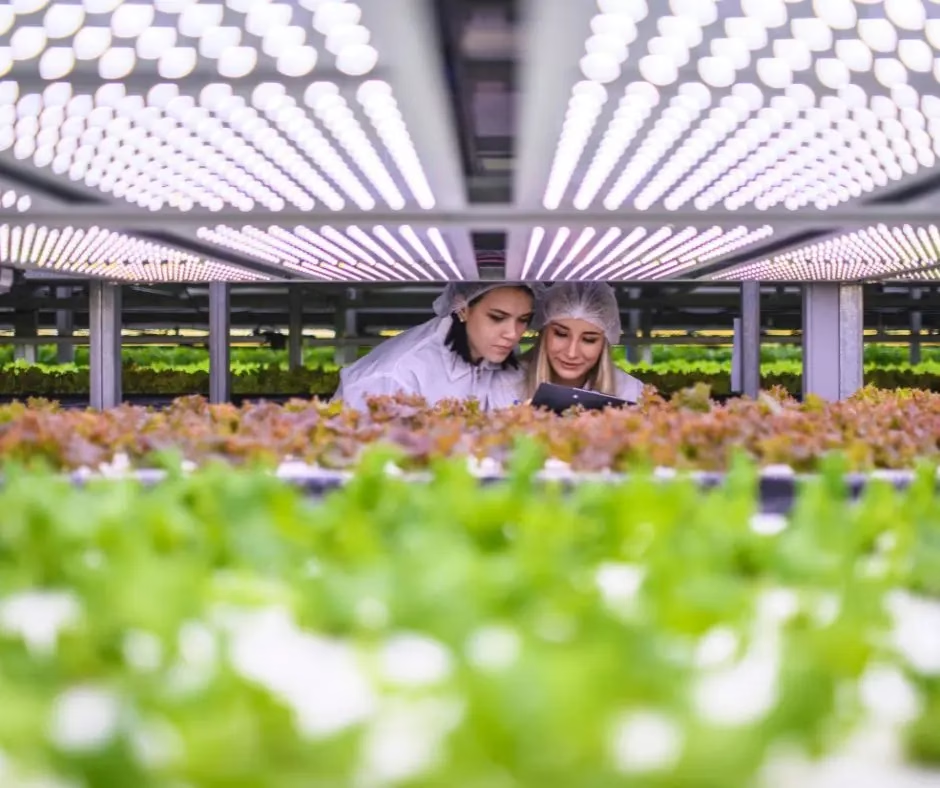Canada Agri-Food Pilot 2025: Final Year and Important Updates
The Canada Agri-Food Pilot is a special immigration program that helps skilled workers in agriculture and food processing become permanent residents of Canada. Since it started in 2020, this program has been a way to solve labour shortages while giving workers and their families a chance to settle in Canada.
As the program reaches its final year in 2025, there are some key things applicants should be aware of. In this blog, we will walk you through how the program works, how to apply, and much more.

What is the Canada Agri-Food Pilot?
The Agri-Food Pilot is a temporary program that addresses labour gaps in farming and food production. It will allow workers in these fields to apply for permanent residency in Canada.
More than 4,500 workers and their family members have already gotten permanent status in Canada since the start of the program, and nearly 1,775 workers along with their family members were accepted under this pilot in 2024.
This means that the program will close on May 14, 2025, and this year will be your last opportunity to apply.
Find out if you are eligible to get in Canada →
Key Changes for the Agri-Food Pilot in 2025
Following are the major updates related to the program for this year:
- Smaller Application Limit: The limit of applications that can be submitted in 2025 has been cut down to 1,010 from 2,750 in 2024.
- Deadline for Applications: Applications should be submitted on or before May 14, 2025, or when the limit is reached.
- How Applications are Submitted:
- Online Applications: IRCC will receive 1,000 applications through its online portal.
- Alternate Formats: In addition, 10 more applications of those who cannot apply online will be received, but with special instructions.
- Last Year of the Program: It is the last year for application because, by May 2025, the permanent shutdown will be done.
Who can apply for the Agri-Food Pilot Program?
You can apply for permanent residency by using the Agri-Food Pilot if you meet these qualifications for acceptance:
- Work Experience
- You must have at least one year of continuous, full-time, non-seasonal work experience (1,560 hours) in the last three years.
- This work experience has to be in an eligible job while working with a Labour Market Impact Assessment-based work permit.
- Job Offer: You must receive a full-time, permanent job offer in an eligible occupation in one of the industries that will be discussed in this blog.
- Education: You must have a Canadian high school diploma or its foreign equivalent, which is verified through an ECA.
- Language Skills: You must demonstrate basic language proficiency with at least CLB Level 4 in either English or French.
- Settlement Funds: You must demonstrate you have sufficient funds to support yourself and your family in Canada. If you’re already working in Canada with a valid permit, this requirement doesn’t apply.
Industries and Jobs That Qualify for the Agri-Food Pilot
The pilot focuses on workers in certain industries and occupations, including:
- Meat Product Manufacturing (NAICS 3116)
- Retail and Wholesale Butchers (NOC 63201)
- Industrial Butchers and Meat Cutters (NOC 94141)
- Labourers in Food Processing (NOC 95106)
- Greenhouse, Nursery, and Floriculture Production (NAICS 1114)
- Harvesting Labourers (NOC 85101)
- Farm Supervisors (NOC 82030)
- Animal Production (NAICS 1121-1129)
- Livestock Labourers (NOC 85100)
- Farm Machinery Operators (NOC 84120)
Proof of Work Experience
When applying, you must show proof of your work experience, such as:
- Reference letters from employers or unions.
- Letters of employment showing job details.
- T4 tax forms or paystubs to confirm your wages and hours worked.
How to Apply for the Agri-Food Pilot?
Here is a step-by-step guide for the application process:
Step 1: Read the Application Guide
Visit the official IRCC website to download the guide, which includes full instructions and the forms you need.
Step 2: Prepare Your Documents
Make sure you have all the necessary documents, such as:
- Proof of work experience.
- Educational credentials and assessment results.
- Language test results.
- Proof of settlement funds (if required).
Step 3: Submit Your Application
Online: Use the IRCC portal to submit your application electronically for faster processing.
Alternate Formats: If you cannot apply online, follow IRCC’s rules for non-electronic applications.
Step 4: Track Your Application
You can track your application status online and respond quickly if IRCC asks for more information.
The Canada Agri-Food Pilot has been a great opportunity for skilled workers in agriculture and food production to become permanent residents of Canada. However, with the program ending soon and only 1,010 applications allowed for 2025, the chance to apply is very limited.
If you meet the requirements, this is your last chance to take advantage of this program. Prepare your application carefully, submit it as soon as possible, and secure your future in Canada before the program ends.
FAQ’s
Most FAQs about Agri-Food Pilot in Canada


Your First Step to
Get In Canada











